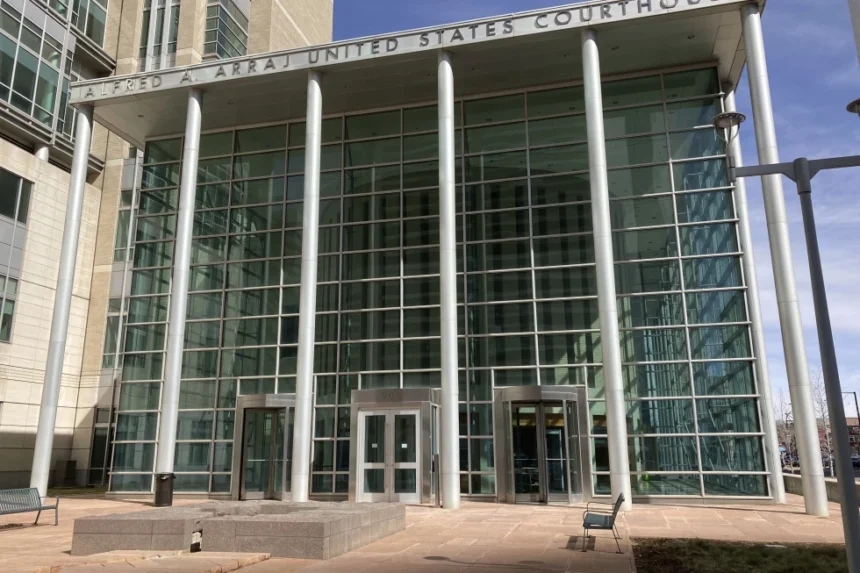In a significant legal development, a former member of The Gambia’s notorious military unit known for human rights abuses is currently on trial in the United States, shedding light on the global quest for justice for victims of torture and oppression. This trial represents a pivotal moment, not only for the survivors of The Gambia’s repressive regime but also for enforcing accountability for crimes committed under authoritarian rule.
Background of the Case
The accused, 47-year-old Kebba Touray, was a soldier in the Gambian National Army and served under the regime of former dictator Yahya Jammeh, who ruled The Gambia with an iron fist from 1994 until his ousting in 2017. During Jammeh’s tenure, numerous reports emerged detailing grave human rights violations, including arbitrary arrests, torture, and extrajudicial killings, primarily targeting political opponents and dissidents.
Touray’s trial began in a U.S. District Court, where he is facing charges that include torture, conspiracy, and lying to federal authorities. The federal prosecutors rely on evidence showcasing Touray’s involvement in acts of cruelty, including the brutal beating and torture of Gambian citizens apprehended for their supposed dissent against Jammeh’s government.
The Road to Justice
Touray’s capture and extradition to the U.S. illustrate the increasing global efforts to hold accountable those who commit human rights violations. Victims and activists have long sought justice, pushing for prosecutions that would address the impunity many perpetrators enjoy, particularly in countries transitioning from dictatorship to democracy.
The case against Touray is being pursued under the Alien Tort Statute (ATS) and the Torture Victim Protection Act (TVPA), laws that allow U.S. courts to assert jurisdiction over cases involving human rights abuses committed outside the country. These laws reflect America’s commitment to human rights and offer a legal path for victims to seek justice, regardless of where atrocities occur.
Witness Testimonies and Evidence
As the trial unfolds, testimonies from survivors who were subjected to torture under Touray’s watch are pivotal. These individuals describe their harrowing experiences, including accounts of beatings, electric shocks, and degrading treatment. Their stories highlight the physical and psychological scars left by the brutality of the Gambian military unit.
Evidence presented by the prosecution also includes corroborating testimonies, photographs, and documents that depict the systematic nature of the torture carried out during Jammeh’s regime. The goal is to not just prove Touray’s direct involvement but to underscore the broader culture of violence and disregard for human rights that permeated the Gambian military during that period.
Implications of the Trial
The outcome of Touray’s trial carries significant implications for justice globally. It serves as a stark reminder to other former officials from oppressive regimes that they can no longer operate with impunity, even if they have sought refuge in nations with more robust legal systems. The trial underscores the importance of international cooperation in addressing crimes against humanity.
Moreover, the proceedings are a beacon of hope for countless victims around the world, signaling that the pursuit of justice can transcend borders. The trial reinforces the notion that time cannot erase accountability for heinous crimes, and deterrence can be established against future violations.
Conclusion
Kebba Touray’s trial is not only about justice for the past but also about setting a standard for the future. As the legal process unfolds, it illuminates the crucial role of accountability in healing societies scarred by dictatorship and violence. Ensuring that those who commit atrocities are brought to justice is essential for building a world that respects human rights and dignity. The eyes of many are on this case, awaiting a verdict that could resonate far beyond the courtroom.
Email Us on editorial@nnafrica.com













